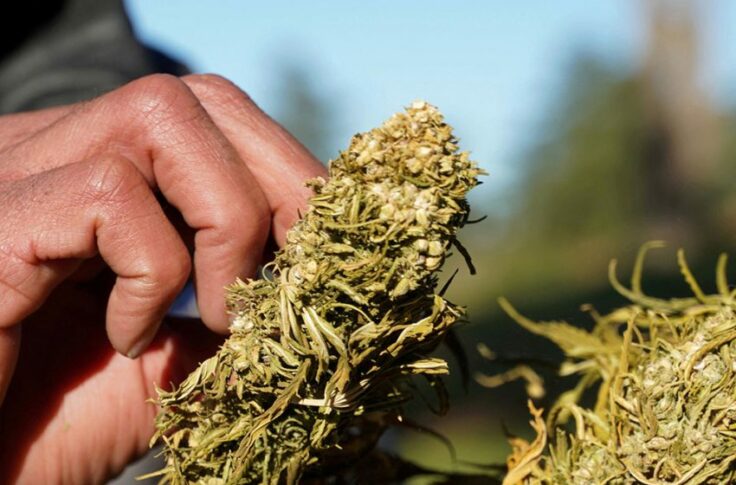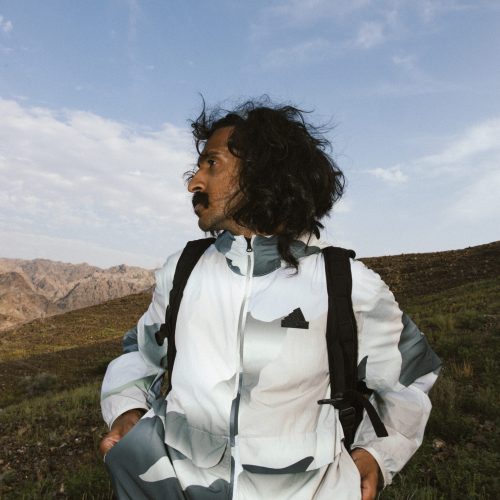The Moroccan government announced on Sunday that in the coming months, they will begin the legal cultivation of cannabis for the first time.
As part of an effort to alleviate pressure on farmers in the Rif Mountains, the kingdom announced in 2021 that it would allow the production and sale of cannabis.
Agricultural cooperatives and farmers in Al Hoceima, Chefchauen, and Taounate provinces received their first cannabis seeds from Switzerland.
Morocco’s state agency began issuing cannabis cultivation permits after the law was passed by parliament last October.
The illicit substance, which is referred to as “keef” is already commonly widespread across the country, illegally for recreational purposes. The new legal approach aims to create a sustainable income for farmers and minimize drug trafficking to Europe.
Moroccan parliament issued this legal framework in May 2021, which permits its use for industrial, medical, or export purposes but not for recreational purposes.
According to local media reports, cannabis seeds for the 2023 crop will cover 105 hectares of land, with 170 farmers involved.
The government expects the number of farmers benefiting from these permits to rise to 500 next year.
A strict set of regulations governs the importation of cannabis seeds. Cannabis activities must be authorized by state-run agencies, including the national agency for the legalization of cannabis and the national office for the health safety of food products. In addition, importers are required to obtain a special permit from the Ministry of Agriculture as well as the Ministry of the Interior.
Morocco is the first country in the MENA region to decide to cultivate cannabis. Despite this decision being considered a strategic move, many still believe that the country will continue to face challenges as it attempts to integrate an activity that was previously illegal into its official economy. Due to the limited number of permits granted, the practice will remain illegal for some farmers. However, it is definitely a step in the right direction.









